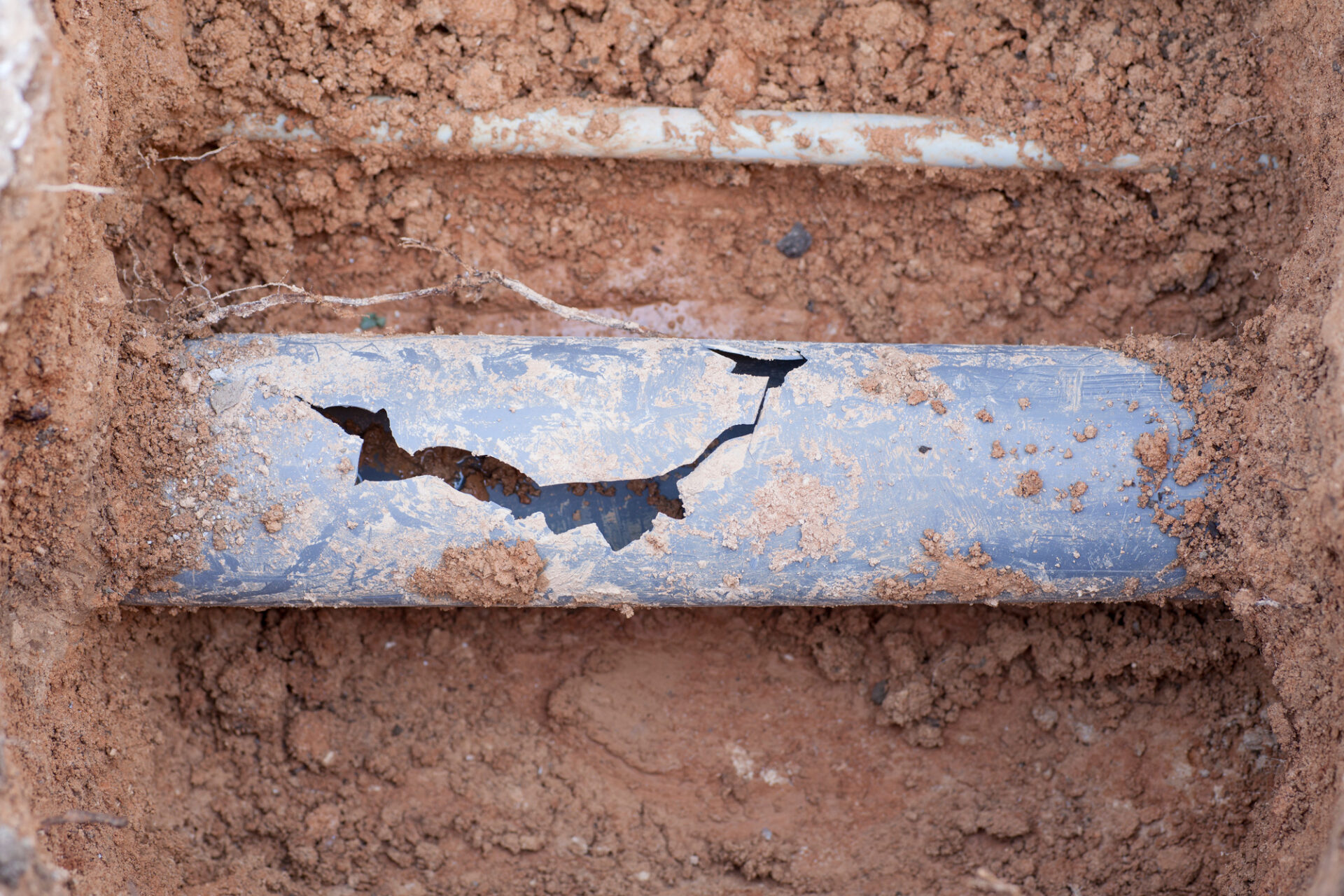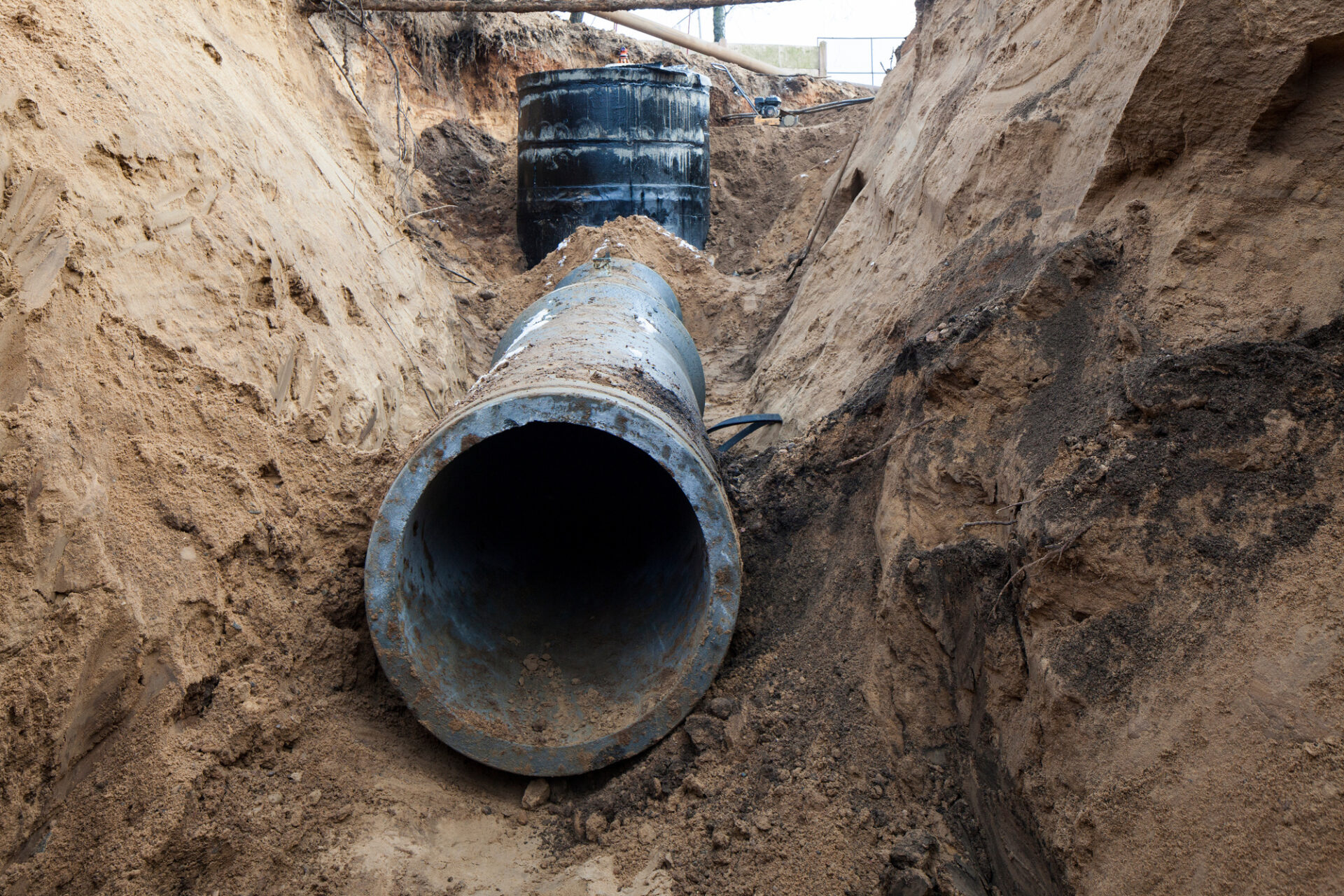Sewer lines play a vital role in your home’s plumbing system. It ensures that nasty wastewater is diverted as far away from your home as possible.
Unfortunately, since this network of pipes is well-hidden, defects and deterioration often go unnoticed until an issue shows itself above ground–ranging from minor toilet backflows to wastewater flooding around your property.
Sewer line issues are particularly problematic and harmful since it contains hazardous contaminants that cause permanent damage to the structure and risk your family’s health. In general, if you notice issues with your sewer line, you have two options–repair or replace it.
The option you choose will depend on several factors. This article enumerates vital tips and considerations in determining what you should do.
Table of Contents
Ask The Professional
The best way to determine whether you need to repair or replace your sewer line is to consult a professional plumber. A reliable plumber has the necessary skills and tools to assess your home’s sewer line comprehensively. Then, they can provide the necessary recommendations on what to do based on their finding.
Also, whether you choose to repair or replace your sewer line, it’s recommended that you leave it to the professionals to handle. Since sewer lines are complicated and contain hazardous contaminants, doing a DIY repair or replacement isn’t recommended. If repair or replacement is done improperly, the line may not work correctly, resulting in costlier repairs or replacements in the future.
Furthermore, the pros help streamline the process, quickly resolving your sewer line issues. Still, you need to make the necessary preparations and plans in case there’s extensive damage. If you’re wondering how long does it take to replace a sewer line, you can ask the professionals about this so they can explain things to you.

Broken sewer pipe
Sewer Line Age
Depending on the material, sewer lines are designed to be durable and last several decades. However, even the most durable pipe materials can’t last forever. Generally, every sewer line material has an expiration date. Knowing this will help you determine which process is necessary.
If you have an older home, you may still have clay pipe, lasting 5-6 decades. Some older homes also used Orangeburg sewer pipes, made from pitch and wood pulp, which can last 3-5 decades. Cast iron is a traditional material that is still used today. It can last anywhere between 5-10 decades. Modern homes tend to have ABS or PVC sewer pipes that can last as long as cast-iron pipes.
If you have a new home, then aged pipes are the least of your problem. Generally, when a newer sewer line gets damaged due to minor issues like blockages, you may still be able to patch these issues. However, replacing your pipes may be a better option if your sewer line is already past its recommended lifespan and age-related damage and deterioration occur.
Extent Of Damage
The extent of sewer line damage or current condition is a significant factor indicating whether your pipes can still be repaired or should be replaced.
Experts say minor damages, such as small cracks or holes, are still repairable. A qualified plumber must only insert an inflatable tube covered in epoxy and inflate it inside the pipe to press against it. Once the epoxy hardens, the holes and cracks in the line are replaced, and the inflatable tribe is removed. In addition, minimal clogging also indicates that your pipes are still repairable. If the clog can be cleared immediately, there’s no need to do a total replacement.
If the damage is extensive–whether dislocated or broken pipes due to invasive tree roots or natural shifting of the ground–sewer line replacement is a more viable choice.
Your Long-Term Plans
Another consideration is your long-term plans. If you’re considering moving and selling your home in the next few years, a new pipe can be an attractive selling point for buyers. Failing plumbing can significantly reduce your home’s selling price since it can be a significant cost for the homebuyer to replace or repair it.
That said, if you’re staying there for your lifetime, you can decide what to do, based on the previous factors. Please note that you can justify the cost of upgrading your sewer line since your cost will spread out over your home’s life.
Takeaway
And since both sewer line repair and replacement are major home improvement projects, it’s helpful to know whether you can still fix the issue or have to re-line it. You don’t want to do a simple fix only for the problem to return with a vengeance. Consequently, you don’t want to start tearing down your sewer line and spending thousands when a quick repair should be enough.
So, keep in mind the above-mentioned considerations to help you make a well-informed decision on what to do with a problematic sewer line.





